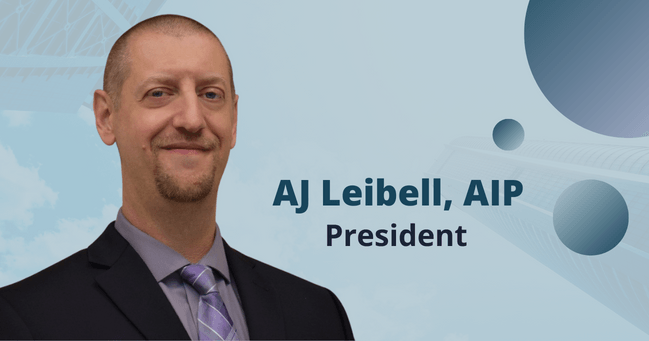Florida Senior Living Facilities Insurance
8:30am - 5:00pm Mon-Fri
Will Reply in 15min*
Index
Contact Us
Phone
Location
6900 Tavistock Lakes Blvd, Suite 400, Orlando FL 32827
Florida is renowned for its sunny weather and vibrant communities, making it a popular destination for seniors seeking a comfortable and engaging lifestyle. With an increasing number of senior living facilities emerging across the state, understanding the nuances of insurance for these establishments is crucial. Insurance plays a pivotal role in safeguarding both the facilities and their residents, ensuring a secure and worry-free environment. This comprehensive guide delves into the essentials of Florida senior living facilities insurance, covering everything from basic coverage needs to specific considerations unique to the Sunshine State.
Understanding the Basics of Senior Living Facilities Insurance
What is Senior Living Facilities Insurance?
Senior living facilities insurance is a specialized form of coverage designed to protect assisted living communities, nursing homes, and other senior care facilities. This insurance encompasses a variety of policies tailored to address the specific risks and liabilities associated with caring for elderly residents. The coverage typically includes general liability, professional liability, property insurance, and workers' compensation, among others.
These policies are crucial for mitigating potential financial losses arising from lawsuits, property damage, or injuries. Given the unique nature of senior care, facilities must ensure they have comprehensive coverage to address the diverse needs of their residents and staff.
Why is it Important?
The importance of senior living facilities insurance cannot be overstated. Facilities are responsible for the health and well-being of their residents, who may have complex medical needs. In the event of an accident or negligence claim, insurance provides a financial safety net, allowing facilities to continue operations without significant financial strain.
Moreover, insurance is often a legal requirement for operating a senior living facility in Florida. Compliance with state regulations not only ensures the facility's legitimacy but also enhances its reputation among potential residents and their families.

Types of Insurance Coverage for Senior Living Facilities
General Liability Insurance
General liability insurance is a fundamental component of any senior living facility's insurance portfolio. It covers claims related to bodily injury, property damage, and personal injury that occur on the premises. For example, if a visitor slips and falls, general liability insurance would cover the associated medical expenses and legal fees.
This type of insurance is essential for protecting the facility from common risks and ensuring that unexpected incidents do not lead to financial ruin. It also provides peace of mind to residents and their families, knowing that the facility is prepared to handle unforeseen events.
Professional Liability Insurance
Also known as malpractice insurance, professional liability insurance is crucial for facilities that provide medical or personal care services. This coverage protects against claims of negligence, errors, or omissions in the provision of care. Given the vulnerability of the senior population, the risk of such claims is significant.
Facilities must ensure that their staff, including nurses and caregivers, are covered under this policy. It not only protects the facility but also supports staff in performing their duties without the constant fear of legal repercussions.
Property Insurance
Property insurance covers damage to the facility's physical structure and its contents. This includes protection against risks such as fire, theft, vandalism, and natural disasters. In Florida, where hurricanes and tropical storms are common, having robust property insurance is particularly important.
Facilities should evaluate their coverage limits to ensure they are adequate for rebuilding or repairing the property in the event of significant damage. This type of insurance is vital for maintaining the facility's operations and ensuring the safety and comfort of its residents.
Workers' Compensation Insurance
Workers' compensation insurance is mandatory for most businesses in Florida, including senior living facilities. It provides coverage for medical expenses and lost wages for employees who are injured or become ill as a result of their job. Given the physically demanding nature of caregiving, this insurance is essential for protecting both employees and the facility.
Ensuring that workers' compensation coverage is in place helps facilities attract and retain qualified staff, as it demonstrates a commitment to employee welfare and safety.
Unique Considerations for Florida Senior Living Facilities
Weather-Related Risks
Florida's climate presents unique challenges for senior living facilities, particularly in terms of weather-related risks. Hurricanes, tropical storms, and flooding are common occurrences, necessitating comprehensive insurance coverage. Facilities must ensure that their property insurance includes protection against these natural disasters.
Additionally, facilities should have a well-documented emergency preparedness plan to minimize risks and ensure the safety of residents and staff during severe weather events. Insurance providers may offer discounts or incentives for facilities that demonstrate robust risk management practices.
Regulatory Compliance
Operating a senior living facility in Florida requires adherence to a complex set of regulations and standards. These regulations are designed to ensure the safety and well-being of residents, and non-compliance can result in significant penalties or even closure. Insurance policies should be tailored to meet these regulatory requirements, providing coverage for potential fines or legal actions.
Facilities should work closely with insurance providers who are familiar with Florida's regulatory landscape to ensure comprehensive compliance and protection.
Resident Demographics
The demographic profile of residents in Florida's senior living facilities can impact insurance needs. Many residents may have specific medical conditions or require specialized care, which can increase the risk of liability claims. Facilities should consider these factors when selecting insurance policies and ensure that coverage is sufficient to address the unique needs of their resident population.
Understanding the demographic trends and health profiles of residents can help facilities anticipate potential risks and adjust their insurance coverage accordingly.

Choosing the Right Insurance Provider
Evaluating Coverage Options
When selecting an insurance provider, facilities should evaluate the range of coverage options available. It's important to choose a provider that offers comprehensive policies tailored to the specific needs of senior living facilities. Comparing quotes from multiple providers can help facilities find the best coverage at a competitive price.
Facilities should also consider the provider's reputation, financial stability, and experience in the senior living sector. A provider with a strong track record and industry expertise can offer valuable insights and support.
Assessing Customer Service and Support
Customer service is a critical factor in choosing an insurance provider. Facilities should look for providers that offer responsive and knowledgeable support, particularly in the event of a claim. A provider with a dedicated claims team and a straightforward claims process can significantly reduce stress and ensure timely resolution.
Additionally, facilities may benefit from providers that offer risk management resources and training programs to help staff prevent incidents and improve safety practices.
Long-Term Partnership Considerations
Establishing a long-term partnership with an insurance provider can offer numerous benefits. Providers that understand the facility's operations and risk profile can offer more personalized coverage and proactive risk management advice. Building a strong relationship with a provider can also lead to better terms and potential discounts over time.
Facilities should seek providers that are committed to supporting their growth and success, offering flexible policies that can adapt to changing needs and circumstances.
Conclusion
Insurance for senior living facilities in Florida is a complex but essential aspect of operating a successful and compliant establishment. By understanding the various types of coverage available and considering the unique challenges posed by Florida's environment and regulatory landscape, facilities can secure the protection they need. Choosing the right insurance provider is equally important, as it ensures comprehensive coverage and support in times of need. With the right insurance strategy in place, senior living facilities can focus on providing exceptional care and enriching the lives of their residents.








